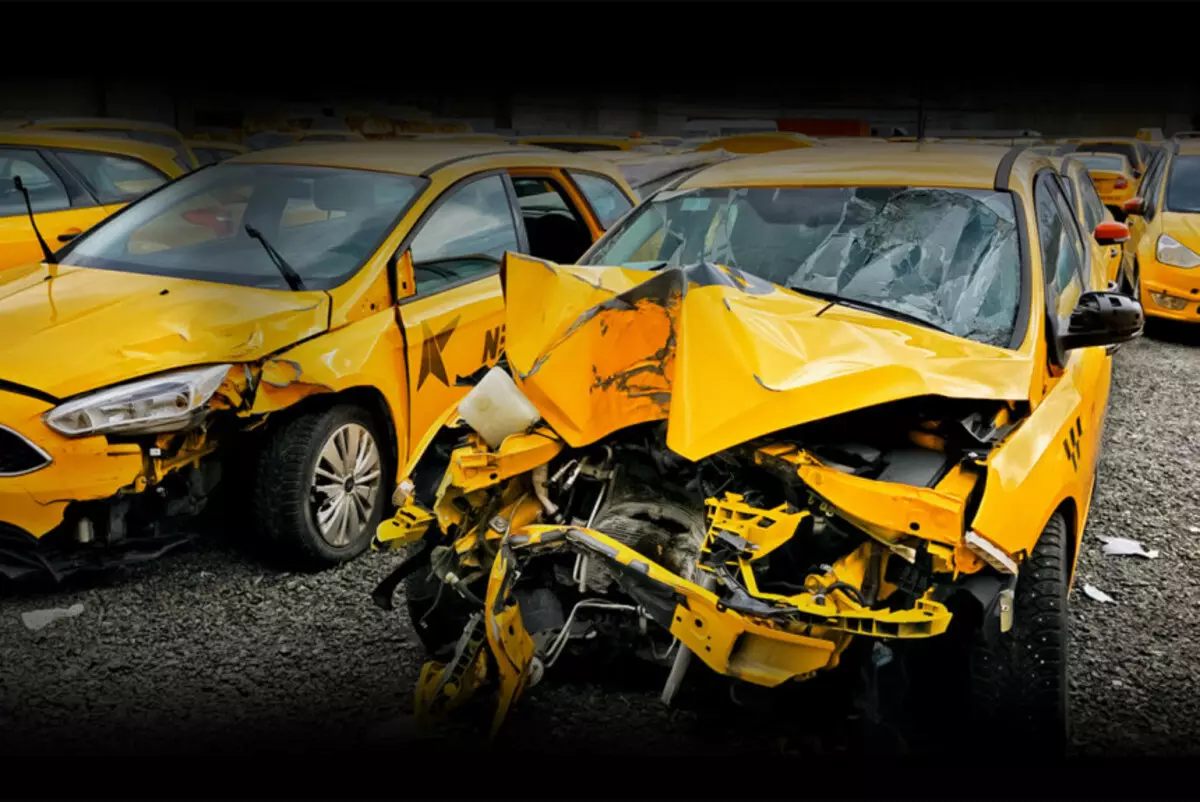According to the new initiative, submitted by the deputy of the Northern Capital deputy Andrei Anokhin, migrants will soon have to lose the right to work in a taxi. All wines are frequent violations of road rules by these categories of citizens.

Causes of creating a bill
The deputy claims that due to the non-ruled schedule, migrants often violate the rules of the road and become parties to various accidents and emergencies. The corresponding appeal was sent to the head of the Ministry of Labor. Interestingly, the ministry is interested in the proposal submitted.

Simultaneously with the improvement of the situation on the roads, the released places in the taxi can take Russian citizens, which is very important during the pandemic period and the increased unemployment in the country.
The reason that foreign citizens most often fall into the accident and violate the rules on the roads is an abnormal working schedule. Often, drivers work for 15-17 hours a day, which cannot neither affect their attentiveness. There were situations when the driver just fell asleep while driving. You should also not forget about a number of criminal incidents that took place with the participation of foreign taxi drivers.
Andrei Anokhin - Deputy Cusuals of St. Petersburg
Sanctions against foreigners are not new
Interestingly, such initiatives have been put forward before. Then the reason for consideration of the question was the concrete case on the road, when a young resident of the Northern Capital of the Russian Federation found himself in one car with a taxi driver-onanist. According to the girl, she applied to the taxi service with a request to bring it to the airport. During the trip, she managed to fall out and write down a part of the conversation with the driver, after which she presented the evidence in the company from which a taxi was filed.

After the incident that has happened, the company has blocked this driver, and began investigating the situation. For the safety of passengers and in particular the passenger, the taxi was audited by all drivers, and the taxopark itself became more pickyly select those who sits behind the wheel and serves passengers.

The increased number of accidents involving taxi drivers
Also in his appeal, the deputy noted that according to statistics for 2019 the number of accidents in which taxi drivers participated in 60% compared to the same period last year. What caused an increase in fatal outcomes, this indicator increased by 41%. According to statistics in 2020, the number of accidents involving taxi drivers has increased by another quarter. At the same time, according to the deputy of the Legislative Assembly of St. Petersburg, it was migrants who most often ignore the rules of the road and become the cause of emergency situations on the roads.

Message to migrants may prohibit work in a taxi. The proposal of the deputy appeared first to information technology.
